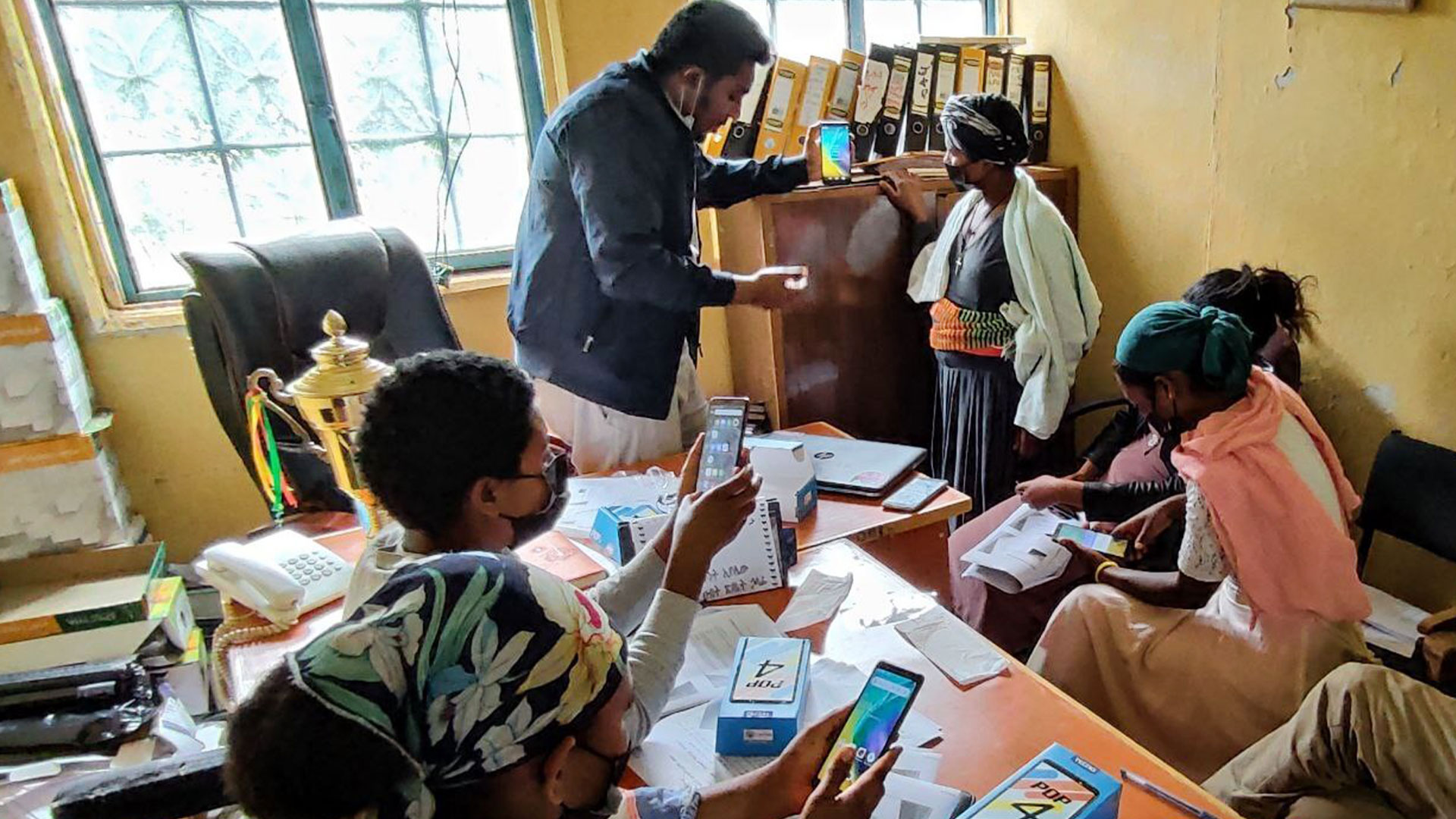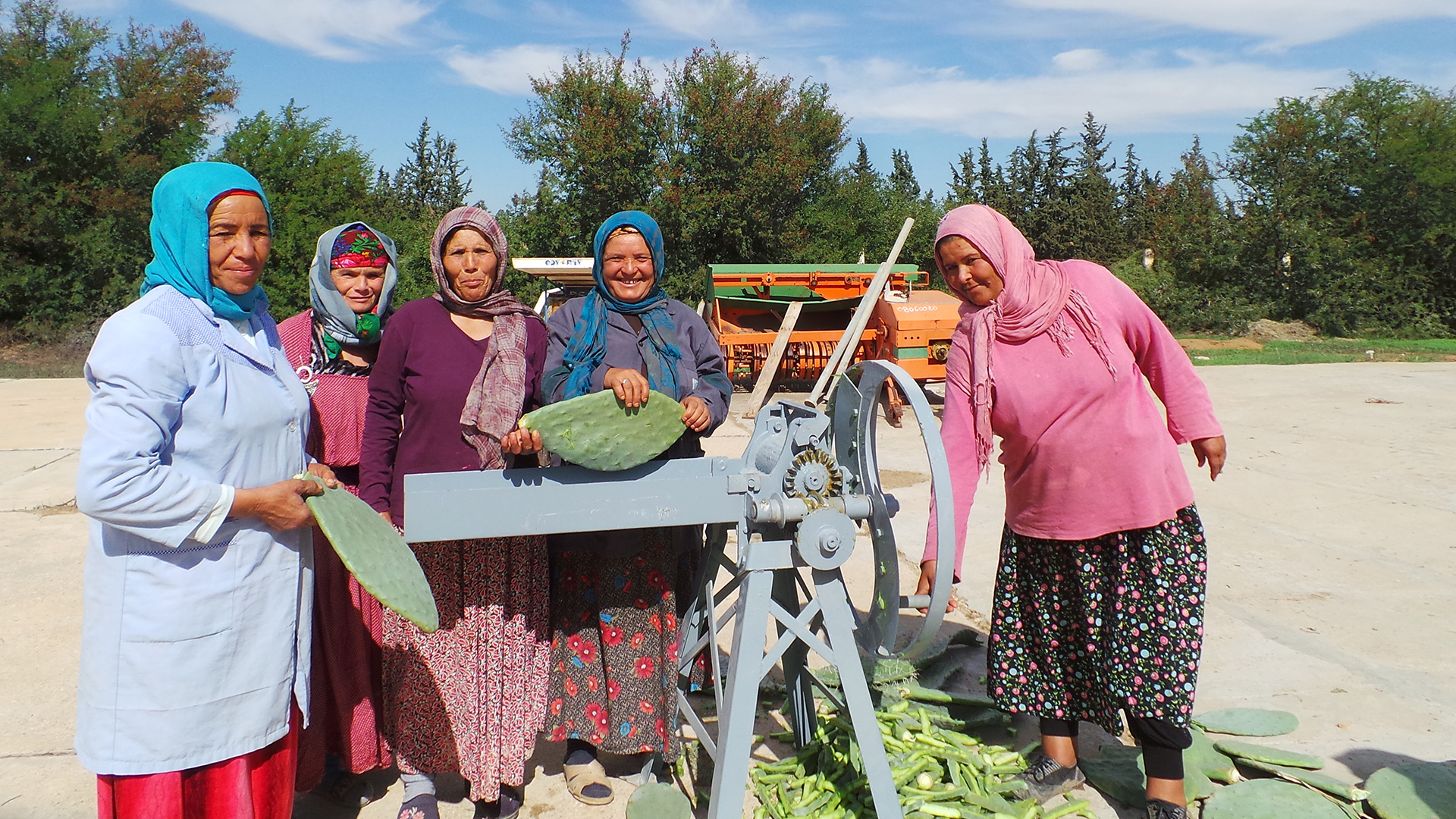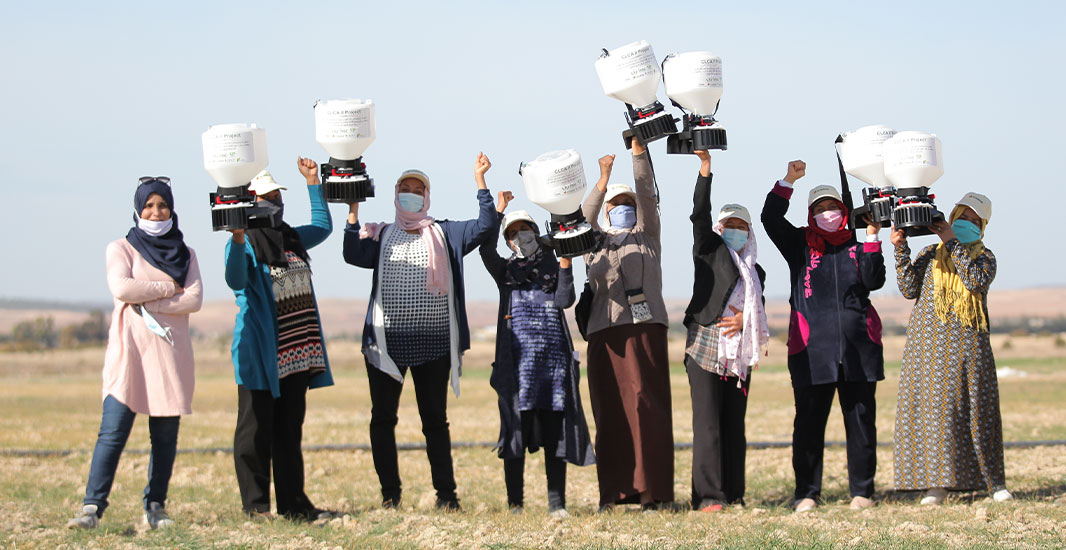

No Posts Found.
ICARDA’s MEL team, along with the Lebanese Agricultural Research Institute and the beekeeping data company HiveTracks, supported the economic activities of Lebanese beekeepers through the development of a groundbreaking hive management app aimed specifically at developing the capacity of women beekeepers. The app allows beekeeping experts and extension workers, many of whom do not have easy access to training and peer-beekeepers, to remotely manage beekeeping practices and improve bee health. ICARDA is now working with the International Centre of Insect Physiology and Ecology, the Holeta Bee Research Centre and HiveTracks to pilot the app in Ethiopia and Uzbekistan.

The Social, Economic, and Policy Research (SEPR) team contributed an important study to CGIAR’s Gender Platform, discussing how male migration from rural to urban areas is creating a ‘feminization’ of agriculture in the region. The study examines how this affects women working in agriculture – their roles, productivity and equity – and the impact of feminization on agriculture as a whole. The study showed that feminization creates more drawbacks than benefits for women and includes recommendations on social and economic policy interventions to leverage the increasing participation of women in agriculture and improve their livelihoods.

A user-friendly and cost-effective seed spreader machine is helping to generate biomass yields in forage crops that are 20 percent higher than the biomass yields of forage crops cultivated with the manual sowing of seeds. The Handheld Precision Spreader (HPS), developed by ICARDA in 2021, spreads seeds and fertilizers evenly, allows farmers to spray chemical fertilizers without skin contact and slashes labor costs by 40 percent. The machine is especially important for women smallholder farmers who cannot afford larger machines and extra labor. ICARDA imported and distributed 25 HPS machines with national partners and provided technical guidance to farmers during the 2020-2021 cropping season.
